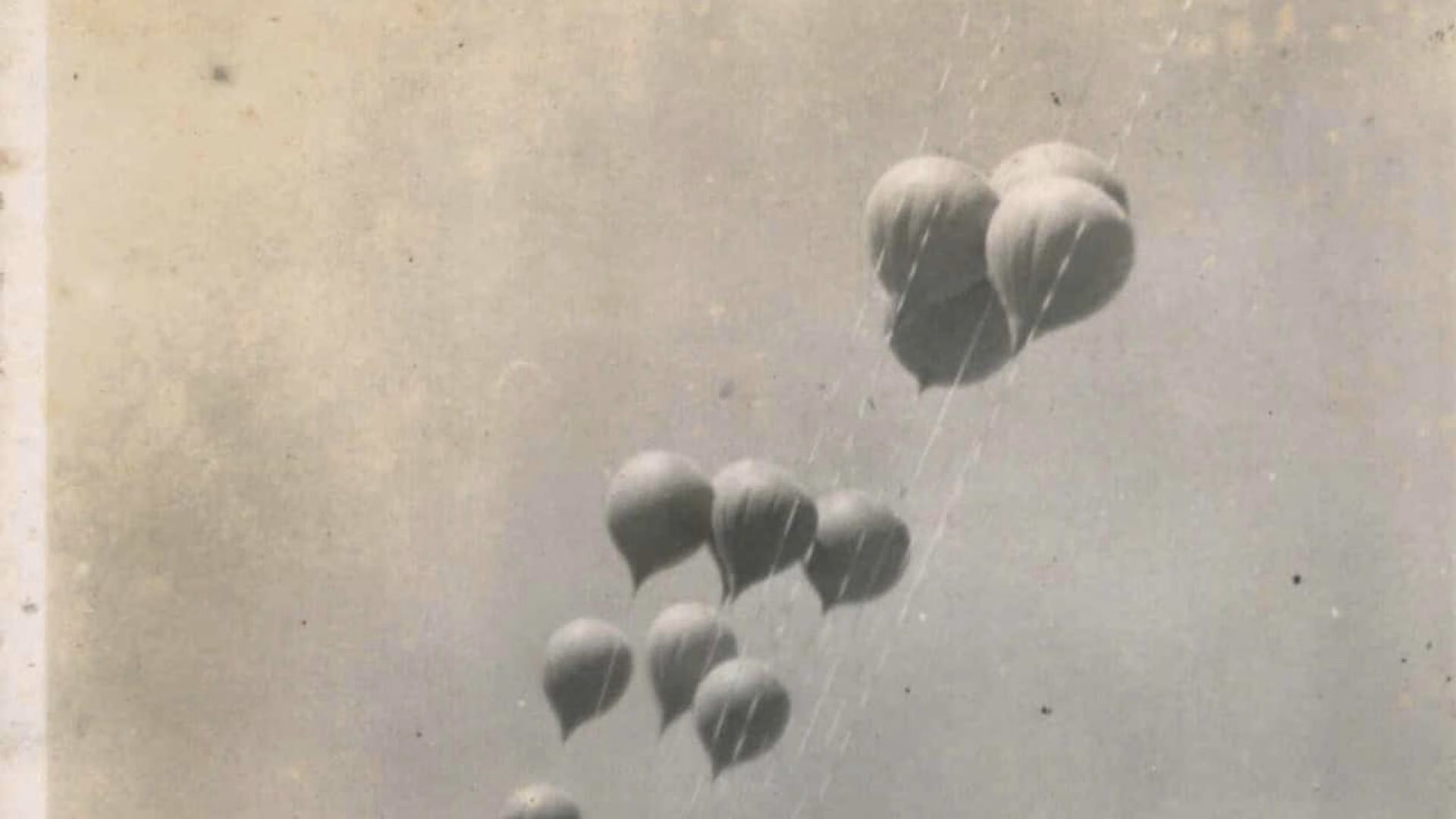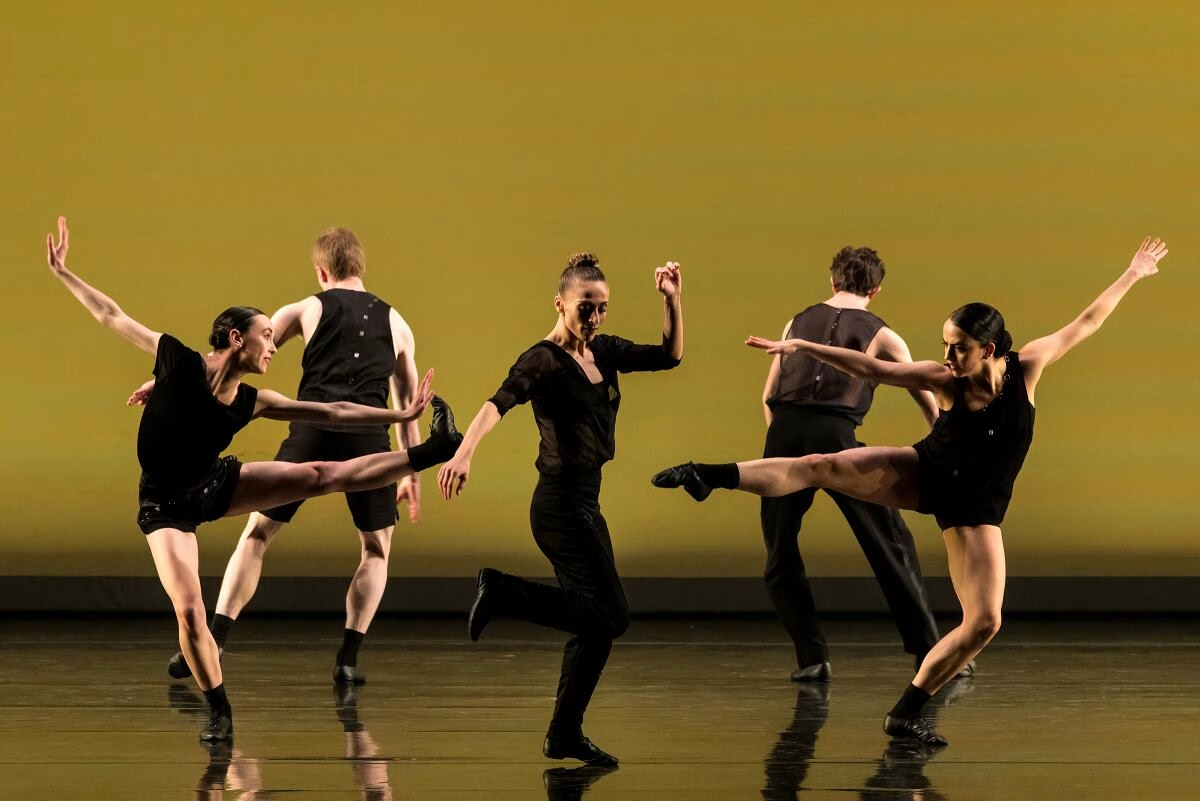Künstlerhaus Bethanien, Berlin
📅 September 26 – October 5, 2025
⏰ Wednesday–Sunday, 2:00 PM–7:00 PM
🎟 Free admission
Opening: September 25, 2025, 7:00 PM
Künstlerhaus Bethanien hosts Specters of Sultana: A Speculative History of Subcontinental Science, the third chapter of the Becoming B project. The exhibition draws inspiration from Bengali educator and writer Begum Rokeya Sakhawat Hossain’s pioneering 1905 science fiction text Sultana’s Dream, reimagining a feminist utopia for today. Published during the British Raj in Bengal, this text upended patriarchal structures with bold imagination. Now, 120 years later, Sultana reemerges on the historical stage: a time-traveling specter traversing South Asia’s history of science, art, and resistance.
Featuring contributions from queer feminist artists of South Asian and Middle Eastern diasporas, the exhibition unearths the hidden currents of anticolonial science. Works by artists such as Areez Katki, Aulic Anamika, Chitra Ganesh, houaïda, Iskander Abdalla, Kei Watanabe, Leila Bencharnia, Omar Kasmani, Perera Elsewhere, Shaunak Mahbubani, Sumona Dhakal, Wooly Aziz, and Zuneera Shah transform family archives, visual materials, texts, sounds, and objects into a speculative archive. The resulting whole disrupts linear historical narratives, amplifying the voices of women and queer pioneers in today’s world.
Begum Rokeya’s utopia reads not merely as a dream but as a hidden history. Amid the destructive traces of Partition and the rise of postcolonial nationalisms, this text recalls the queer and feminist dimensions of anticolonial science. The exhibition, therefore, invites viewers on a journey unbound by linear time, encouraging them to trace the contours of a liberating dream, as envisioned by Rokeya.
Produced by Promona Sengupta, Aziza Ahmad, and Aziz Sohail, this project stands as a powerful intervention in Berlin’s cultural calendar. It raises new questions not only about art history but also about the intersections of science and resistance in a postcolonial world.














